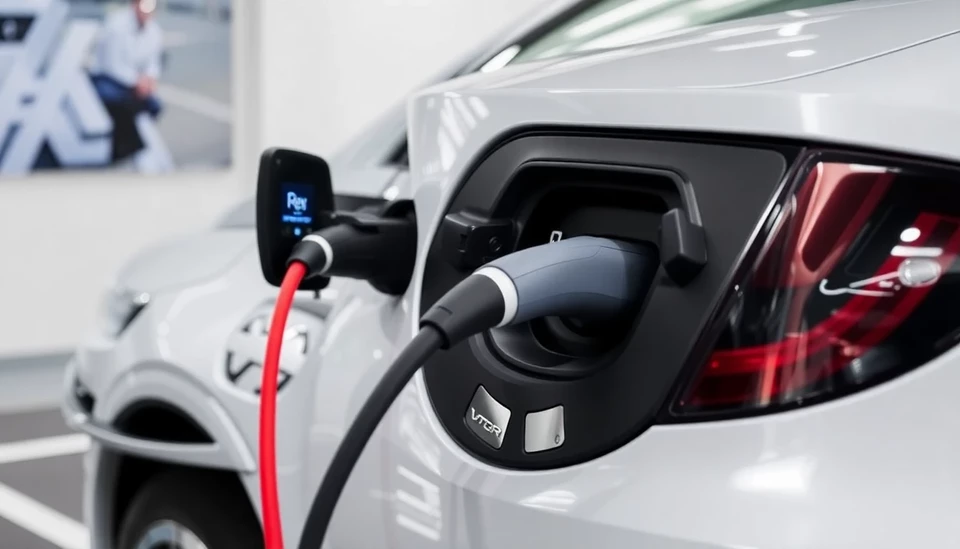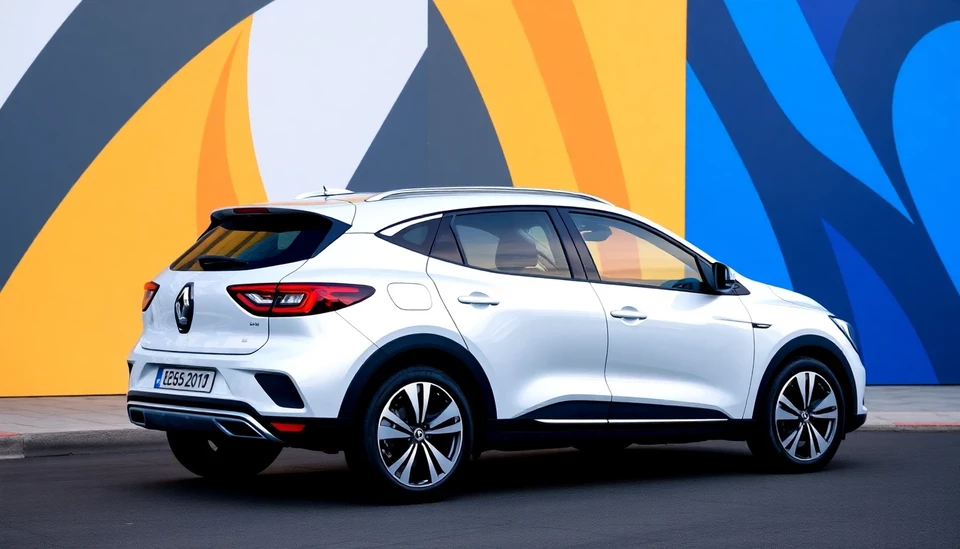
In a surprising twist, recent welfare cuts implemented by the UK government are posing unanticipated risks to the ambitions of automakers to transition towards electric vehicles (EVs). Analysts and industry experts are now expressing concerns that these cuts could undermine the anticipated demand for electric cars at a time when the automotive industry is striving to meet stringent environmental targets.
The government, facing mounting pressure to reduce public spending, announced significant cuts to welfare benefits, including those that traditionally support lower-income households. This demographic is often targeted to be among potential customers for affordable electric vehicles. With diminished financial support, these consumers may find it increasingly difficult to consider the transition to EVs, which are often priced higher than their gasoline-powered counterparts.
Industry insiders argue that the cuts could result in decreased purchasing power for millions of potential buyers, stifling the market demand for electric vehicles. This is particularly concerning as the UK aims to phase out the sale of new petrol and diesel cars by 2030, pushing for a transformative shift towards electric mobility. If the market for EVs doesn't expand as hoped, manufacturers may struggle to meet regulatory requirements and climate goals.
One of the pressing issues highlighted by analysts is the dependency of the car industry on government support and incentives. Many carmakers have introduced schemes to make EVs more accessible through financial incentives and leasing programs. However, with welfare cuts affecting disposable income, the effectiveness of such programs may be severely diminished, leaving many consumers unable to afford the up-front costs associated with electric vehicle ownership.
The ramifications of this situation extend beyond individual buyers; they impact the entire automotive ecosystem, including suppliers and infrastructure development necessary to support electric vehicles. As investments dwindle in the wake of diminished consumer purchasing power, the industry's long-term sustainability and growth prospects could be jeopardized.
Furthermore, the UK government’s strategy to stimulate car sales through tax incentives and grants may lose effectiveness if potential buyers don't have sufficient resources to leverage these offers. The overall perception of electric vehicles as viable and accessible to the mainstream market could also wane, complicating manufacturers’ marketing efforts as they work to build consumer trust and excitement around EV technology.
As the automotive industry braces for these implications, stakeholders are urging the government to reconsider the timing and scope of welfare adjustments in order to foster a more supportive environment for the transition to electric vehicles. Developers of EVs are at a critical juncture, and any dampening of enthusiasm spurred by welfare cuts could prove detrimental to their efforts in combating climate change and promoting greener transportation options.
The intersection of social policy and industrial strategy has never been more evident, as the success of the UK’s ambitious electric vehicle transition now hangs in the balance—threatened by factors that are typically viewed through a solely economic lens. The urgency for a cohesive approach that aligns government budgeting with automotive aspirations remains palpable in the industry’s corridors.
#ElectricVehicles #UKWelfareCuts #AutomotiveIndustry #EVTransition #ClimateGoals
Author: John Harris




